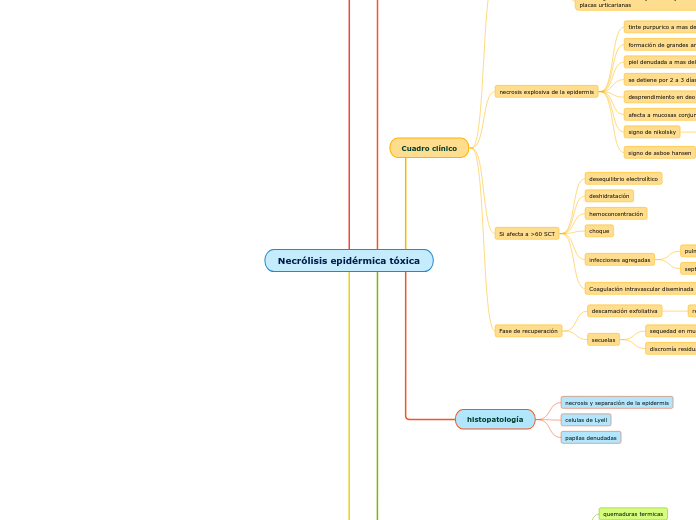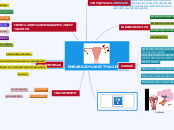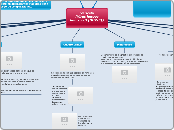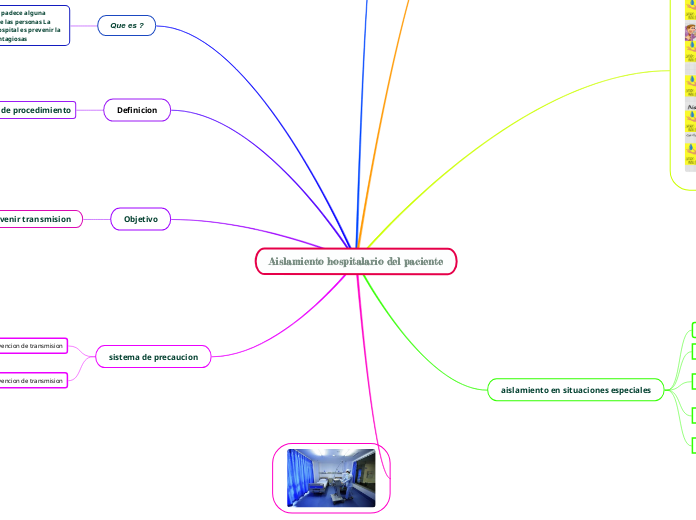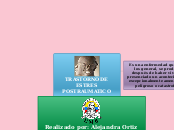Necrólisis epidérmica tóxica
To name your story, you have to think about the overall message and what you want your audience to understand from the story. Also, make it relevant and easy to remember.
Tratamiento
CID
inmunomoduladores
heparina
piel
xenoinjertos y apósitos biológicos
antibioticos
enjuagues con gluconato de clorhexidina
nitrato de plata oclusivo al .5%
sufadiazina de plata
baños con polvos colides o antisépticos débiles
Ocular
curación con colirios de glucocorticoides y cloranfenicol, lagrimas artificiales y ungüentos
general
inmunoglobulina IV IgG poli especifica a .5 a .75 a 2 g/kg/día
conservacion de liquidos
plasmaféresis
conservación del equilibrio acido-base
analgésicos opiodes
Hospitalización y terapia intensiva
Diagnostico diferencial
Sx. piel escaldada estafilococica
Sx. S-J
eritema polimorfo
pénfigo vulgar
epidermolisis ampollar
quemaduras termicas
histopatología
The ending of a story is essential. We all know that if the ending is weak, what happened before loses its importance. So make it unpredictable, but fair. A resolved ending answers all the questions and ties up any loose threads from the plot.
papilas denudadas
celulas de Lyell
This is the closure section of the story.
See examples of possible outcomes below:
- all problems have been solved
- it's clear how each one of your characters ends up
- your main character is transformed by the challenge
necrosis y separación de la epidermis
This is the moment when the main character surpasses the last obstacle and finally faces their greatest challenge.
The climax usually follows one of these patterns:
- realization
- resolution
- choice
Type in your answer.
Cuadro clínico
Fase de recuperación
secuelas
discromía residual y caída de uñas
sequedad en mucosas
descamación exfoliativa
reepitelización en 10 a 14 dias
no cicatriz
Si afecta a >60 SCT
Coagulación intravascular diseminada (CID)
infecciones agregadas
septicemia 40%
pulmonares 30%
choque
hemoconcentración
deshidratación
desequilibrio electrolítico
necrosis explosiva de la epidermis
signo de asboe hansen
extensión de una ampolla a piel sana, al aplicar presión sobre esta
signo de nikolsky
la piel se desprende con solo frotarla
afecta a mucosas conjuntival, oral, anal y genital
desprendimiento en deo de guante en las manos
se detiene por 2 a 3 días.
piel denudada a mas del 30% de la SCT
formación de grandes ampollas y pequeñas placas satélite
tinte purpurico a mas del 30% SPT
Fase prodrómica
eritema generalizado rojo intenso junto ardor y prurito o placas urticarianas
Síntomas de toxemia
congestion nasal y eritema difuso
malestar gereral,fiebre
Etiopatogenia
The middle of the story is where you add layers of complications that will lead to the end. Reveal more about the character's journey. Did their personality go through changes? How did they overcome the challenges? And as you build up the story’s central conflict, make it more personal to that character. Also, from the middle act, you have to lead into the final act.
Reacción idiosincrática
Your character(s) need(s) motivation in order to solve the challenge(s).
no dependiente de la dosis
Secondary characters might also have motives that lead them to cross paths with the main character or which might trigger them to help the main character.
puede durar hasta 1 a semanas
periodo de incubación de 24 a 48 horas
antibióticos o analgésicos 77%
Why does your character need to confront this challenge? What does he/she expect to accomplish by solving it?
See a few examples:
- will marry in 3 days
- can fix the mistakes of the past
diuréticos
Hipoglucemiantes orales
PEnicilina
pirazolonas
AINES
oxicam
antoconvulsivos
Sulfamidas
Es idiopatica
Each story has a main character and that character usually needs to solve a problem or challenge. The character's challenge is the one that creates tension throughout the story.
con predisposición genética relacionada con HLA
In most stories, there are 3 challenges. The number 3 is a mystical number symbolizing completeness. Try to come up with interesting challenges with which your character needs to struggle.
See a few examples below:
- turns into a werewolf at night
- is sent back in time
generalidades
In the beginning of the story (or the exposition), you will need to introduce the setting and characters. You might also want to introduce the main conflict. This part of the story is important because it gives the reader necessary background information and maybe even a first insight into a character’s personality.
Epidemiología
The setting (time & place) of a story can change throughout the plot.
mortalidad
The weather is an important element in your story because it can highly influence the ambiance and the mood of the characters.
en ancianos 70%
Decide if you want to include an element of nature in your story. For example, a rainbow can be a very nice choice for a happy ending. The mist in a story can represent mystery and secrets. A thunder can appear in the background at the moment when the 'bad guy' of the story makes its appearance, etc.
General 30%
Does your story include catastrophic weather? See a few suggestions below or add your own:
- hurricane, earthquake, storm, etc
predomina
The time of the story can also change. It can describe the event of a single day or can include an entire year's plot. Anyway, don't forget to mention it.
mujeres
ancianos
Poco frecuente
Your story can take place wherever your imagination will take you to.
For example: in an elevator, in an enchanted forest, etc. Don't forget to give details of the environment each time the setting changes, otherwise, the story can be confusing. Also, mention the seasons as each of them has unique weather and events.
un caso por millón de habitantes por año
definición
Characters are essential to a good story. Usually, the protagonist(s) is/are the most affected by the plot. Introduce a character by focusing on their actions, interests, and occupation, as the physical appearance doesn't make a difference in most cases.
es
Type in the name of your character.
Se manifiesta por síntomas generales y grandes desprendimientos que dejan la piel denudada
What is your character's main goal?
fight Evilfind lovedefeat his/her enemyrule the worldmake friendstime travelmake an awesome discoveryOther
afecta a >30% de la superficie corporal
Which traits best describe the character's personality? Choose more if necessary:
introvertedloyalkindindependentquick-thinkingadventuresomeidealisticsweet-naturedcalmrisk-takercreativewittystrictfussyweirdclumsyharshaggressivecarelessclingingcowardlycrueldeceitfulimpulsiveOther
dermatosis grave por hipersensibilidad inducida por fármacos.
Choose the type of your chacter:
Protagonist (main character)Antagonist (main character's opponent)Flat (stereotypical character)Round (his/ her personality develops throughout the story)Static (doesn't evolve as a person throughout the story)Dynamic (dramatical change in personality)Confidant (the main character trusts him/ her)Foil (contrasting character who enhances the personality of another character)Other
